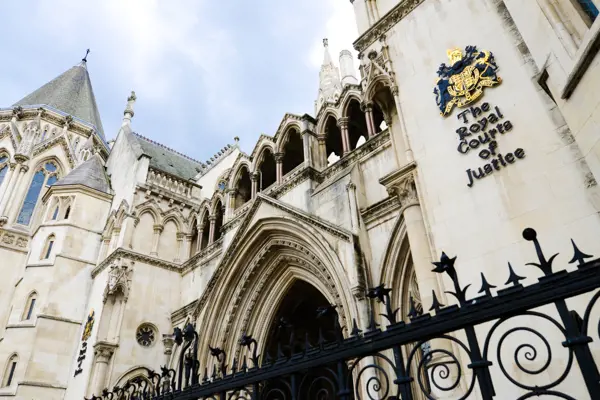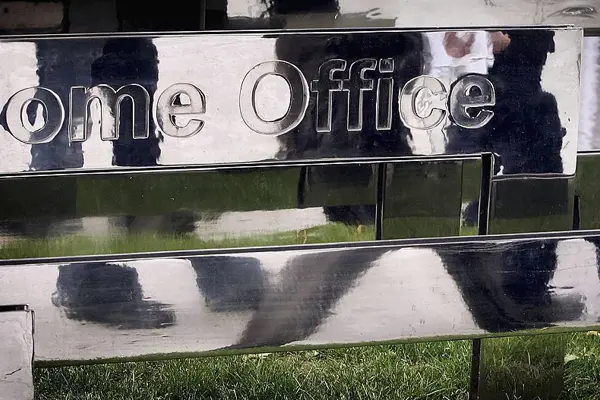
Long-awaited Lambeth Council investigation welcomed
Alison Millar and Rose Ashwood explain why the Independent Inquiry into Child Sexual Abuse hearings to be held this week are particularly welcome.
Posted on 29 June 2020
This week, the Independent Inquiry into Child Sexual Abuse (IICSA) will start public hearings into the sexual abuse of children that took place in children’s homes run by the London Borough of Lambeth.
We will be following the hearings with interest: we hope that they may shed light on the scale and nature of the sexual abuse that took place in Lambeth Children’s Homes and the child protection failures which allowed it to happen. We are pleased to note that the stories of survivors will be heard as well as those of other key witnesses.
The hearings are likely to be of interest to a number of our clients and former clients whom we have assisted to apply to the Lambeth Redress Scheme (set up by Lambeth Council in response to calls from campaigners to make redress to those who survived abuse and neglect in the Borough’s children’s homes).
To date, we have helped more than 30 survivors recover awards of redress / compensation ranging up to £136,700, and have recovered in total more than £800,0000 from the Scheme.
The picture of abuse in Lambeth Children’s Homes and foster care placements that we have built up during the course of our work is an absolutely shocking one.
We have represented clients who experienced severe sexual and/or physical abuse, neglect and cruelty in Lambeth’s care from a very young age.
The consequential impact of this abuse on our clients’ lives has been varied and profound – including clients who lost their hearing; clients who have suffered difficulties in their career and relationships, and who still experience profound mental health difficulties as a result.
It is clear also that clients with disabilities and those from black and ethnic minority backgrounds particularly suffered in the care of Lambeth Council. Racist abuse was common, and we represent a number of clients who suffered sexual abuse in Lambeth-run specialist units for children with disabilities.
We are pleased that the Redress Scheme set up by Lambeth Council in 2018 in response to the invaluable campaigning work of the Shirley Oaks Survivors Association (SOSA) has to date paid out £46 million to more than 1,250 survivors, and we hope that the public nature of these hearings will encourage other survivors to come forward and make applications.
The Scheme is open to survivors of abuse, neglect or cruelty and to those who were put in fear of experiencing abuse, neglect or cruelty in Lambeth Children’s homes who can be verified as former residents, regardless of how long ago the abuse took place.
The Scheme covers the reasonable legal costs of applicants, and also provides remote counselling, personalised apologies and other support services for survivors who want them. It is open for applications currently until 1 January, 2022.
However, in our experience a common issue raised by our clients is that they did not bring a claim for Redress for purely financial reasons, or indeed for any financial motivation at all.
Many survivors are motivated by a desire for justice and to understand the reasons why they went through such experiences in Lambeth Children’s Homes when they had supposedly been removed from their families for “care and protection”.
Information uncovered through the tireless investigative work of the Survivors Association and during the course of our own investigations into individual claims has gone some way toward providing such answers, and it is our hope that the IICSA investigation will provide further answers for survivors.
As Raymond Stevenson of SOSA, who spent his childhood at Shirley Oaks, has said, “You cannot go forward until you understand the past.”
We hope that the IICSA hearings will uncover the past child protection failures which contributed to an environment in which we have heard that paedophiles and other abusers operated with near-impunity.
We hope that they will be able to gain insight into the scale of the abuse, how it was allowed to happen and why there have been so few prosecutions, despite the large-scale council and police investigation in the late 1990s - early 2000s. This Inquiry has been a very long time coming.


